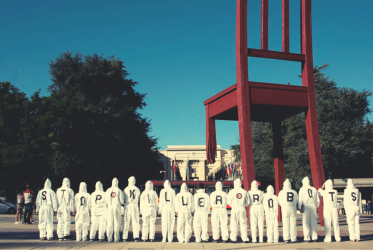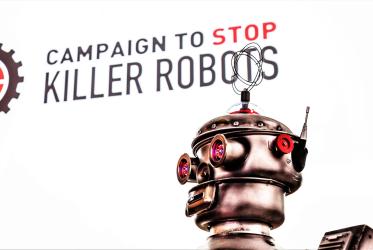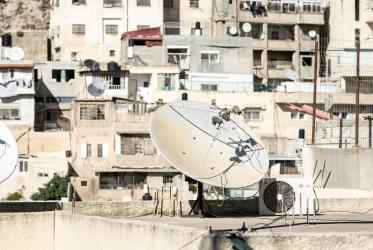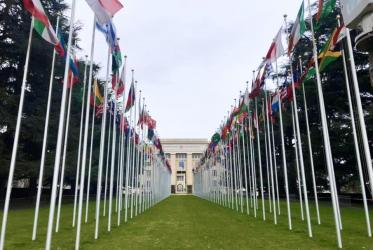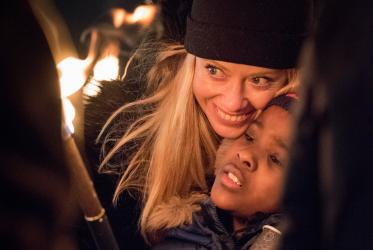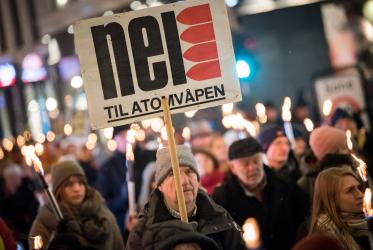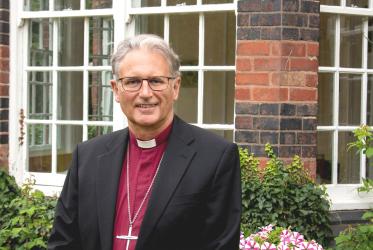Displaying 1 - 20 of 23
WCC releases joint statement rejecting fully autonomous weapons
05 February 2021
“Coventry Cathedral continues to speak a word of hope to the world”
10 December 2020
WCC pressing ahead with disarmament work
28 August 2019
Trying to do good for the world
18 December 2017
May we remember them well, with dignity and respect
14 December 2017
Calls grow for nuclear weapons ban
13 October 2016

